Uncategorized
Ramona S. Diaz: Filmmaker with vision & mission
By Joanne Rae M. Ramirez
It was while she was in high school at the Assumption Convent that multi-awarded, internationally-acclaimed filmmaker Ramona S. Diaz discovered her love for film. “It seemed like since high school — when I discovered that photography and film/cinema is an organic extension of taking photographs,” recalls Ramona or “Monina” to her AC classmates (Batch ‘79).
And look where that inspiration has led Monina.
This year alone, “A Thousand Cuts,” the documentary about the first Filipino Nobel Peace Prize winner and Rappler founder Maria Ressa and her fight for press freedom in the Philippines, has won the 2022 Robert F. Kennedy (RFK) Journalism Award.
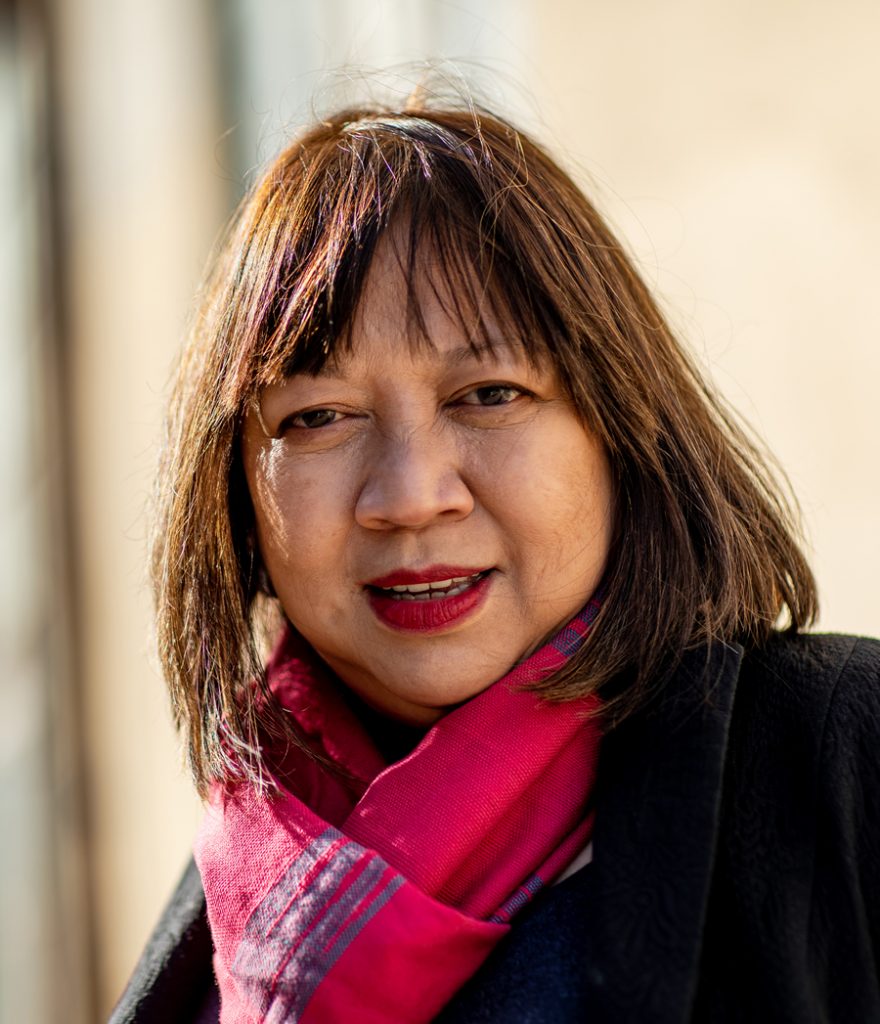
The documentary directed, produced, and written by Monina was honored in the International Television category in this year’s annual Journalism Awards, which recognize outstanding reporting on human rights and social justice. “A Thousand Cuts” was also honored recently with a George Foster Peabody Award in the Documentary category. In the Peabody Award jurors’ citation, “A Thousand Cuts” was recognized for its “astonishing access and chilling precision” and was honored as “a journalistic profile in courage for our time and a cautionary tale for global press freedom straining against the rise of populist autocracies around the world.”
After she received the Peabody, Monina recorded her acceptance speech from Manila, “where I’ve just wrapped up production on what has turned out to be a companion film to ‘A Thousand Cuts.’ I’m recording this from a country that has just elected Ferdinand Marcos Jr. president. He is the son of ex-dictator Ferdinand Marcos who, along with his wife Imelda Marcos and their children and grandchildren, were ousted by the People Power Revolution in 1986, after 20 years in power.” “I reckoned with this political earthquake when I learned that ‘A Thousand Cuts’ was honored with a Peabody. It came when I was questioning the value of filmmaking, of being a storyteller at a time of massive disinformation. Thank you, Peabody. With this honor, I feel that the world is still listening, that what happens in this corner of Earth here in South East Asia matters. That one journalist’s fight is every journalist’s battle as the world turns to authoritarianism once again.” When Christiane Amanpour interviewed her about ‘A Thousand Cuts,’ Monina said, “I am a Filipino-American, I film a lot of Filipino stories. And basically what I do is I unlock or decode what’s happening in the Philippines to the rest of the world.”
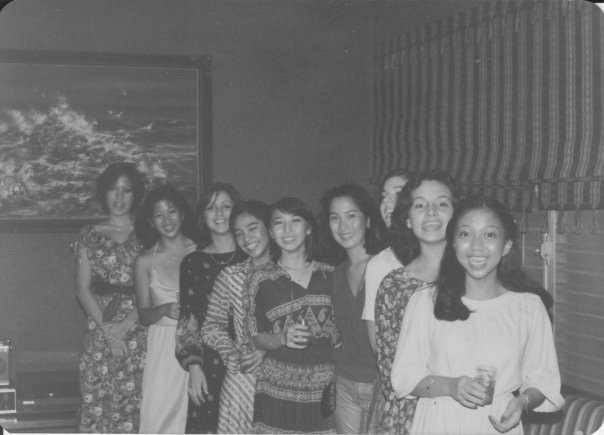
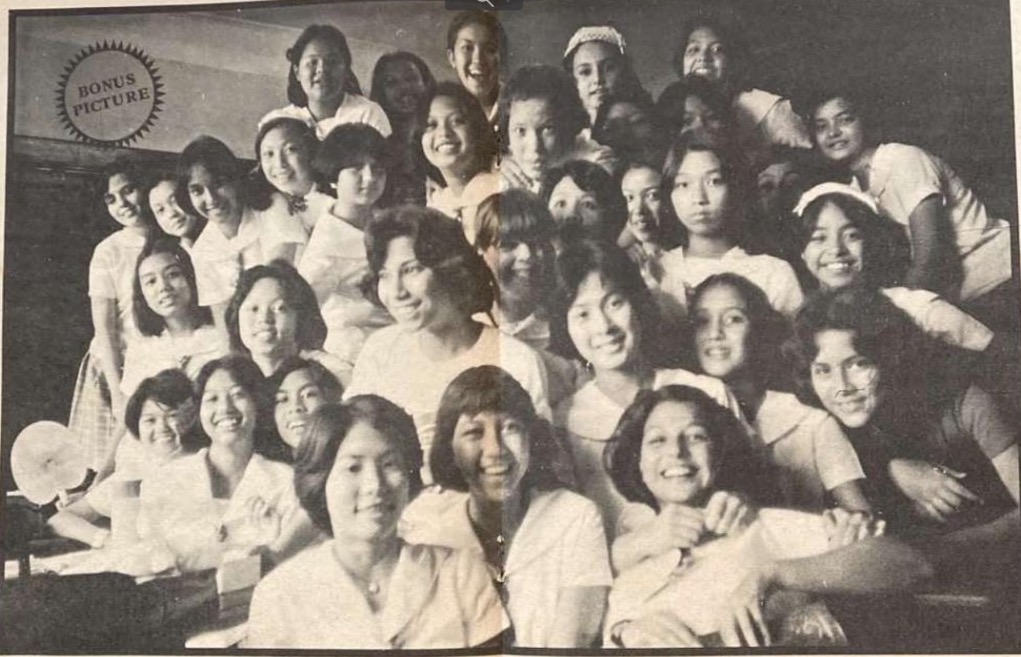
Monina’s films — from one about Imelda Marcos to one featuring Filipino teachers and their pains while working in America — have demonstrated her “ability to gain intimate access to the people she films.” Ramona’s “Imelda,” a full-length documentary about the former first lady, garnered the Excellence in Cinematography Award for documentary at the 2004 Sundance Film Festival. In Manila, it grossed more than Superman 2 during its opening weekend. “Imelda” screened in over 30 film festivals around the world.
“What draws me to making films is — well beyond the storytelling — the capacity to transport an audience to a world they would otherwise not come in contact with and to show them the world anew. I think there’s a little bit of magic involved in that and I find that exciting.” “I also hope that the audience finds themselves reflected in some fashion in the characters that populate the film. That it makes them question their own values and how they live their lives. And there is no judgment here; it’s an internal reckoning. Where in the scheme of things do you situate yourself? How as a human being do you act in the world?
She doesn’t strive to be objective in her work. Plain and simple.
“I never aspire to objectivity. Given the medium I use, film, it is impossible even if I had wanted to do it because the very nature of film resists objectivity. There is a reason there is a director in a film — as a director, we direct your gaze, your attention, to the part of a story that we deem you should be paying attention to. We do this by means of editing, framing, the shots of the sizes, the kinds of lens we use, who we choose to be the center of the story, point of view, everything.”
“What you get as an audience is a mediated experience with the director as a mediator. So that in its very nature is already a subjective experience. It can never be objective. So I do not believe there is such a thing as objectivity in film.”
From Imelda Marcos to Maria Ressa — talk about the wide range of her subjects!
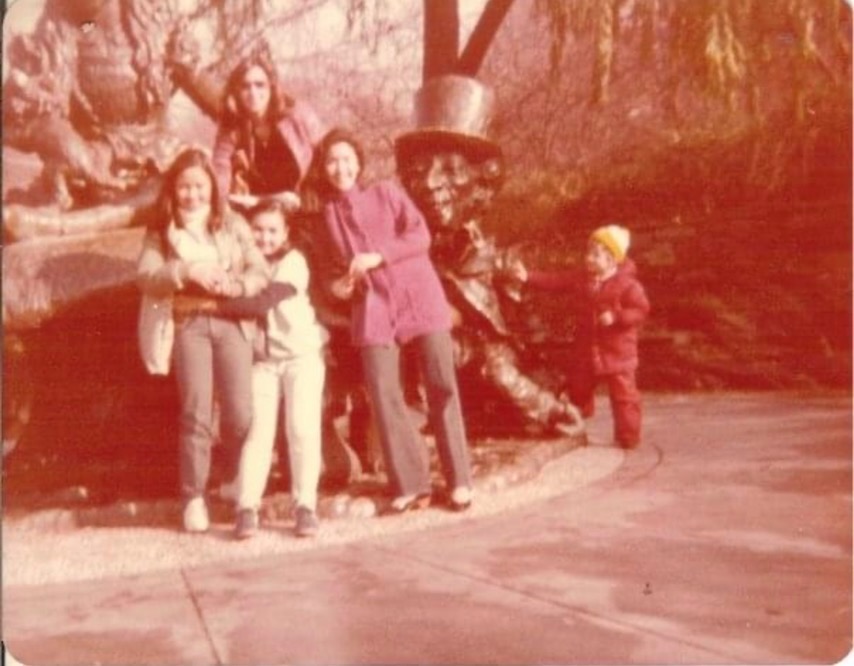

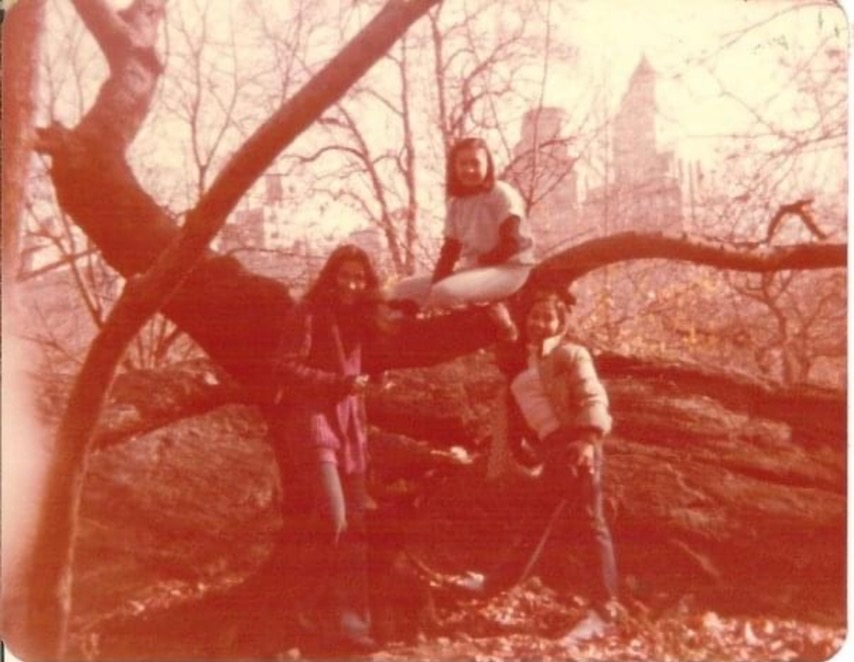
“I’m drawn to characters that have something different to say, are charismatic, are in situations that are life-altering. I usually enter a person’s life at watershed moments — Imelda returning from exile, Maria being arrested, Arnel becoming a rock star, teachers coming to America, mothers giving birth.”
“It’s both spectacular but also very intimate. And the camera has to love them because after all this is a film. I’m also drawn to rogues and people whose lives are messy. I think that’s also very interesting.”
Making documentaries that dive and delve into important characters at “watershed moments,” is “both a privilege and a burden,” believes Monina. “Of course. I am given so much access to the people I choose to film that I have to get it right. And I don’t mean to get it right so the people I choose to film will ‘like’ the film. No, it’s not that.”
“I have to deliver what I told them was my intention — a nuanced story. I have to be true to the story — and not necessarily just the story they want to tell. So I am aware that I can neither be an apologist nor make hagiography. It’s a balancing act.”
“Each film has its own life, its own trajectory, its own heartaches, its own triumphs. Really like a life. And every time it goes out there into the world and I no longer have control of it, like a child, it’s like letting go and let the chips fall where they may…”
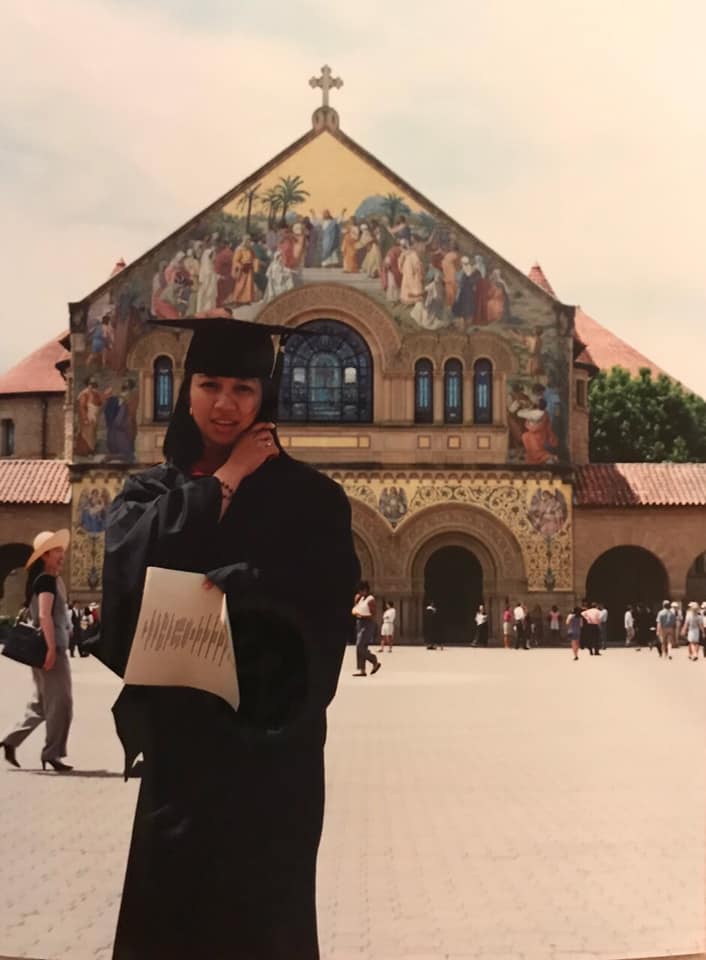
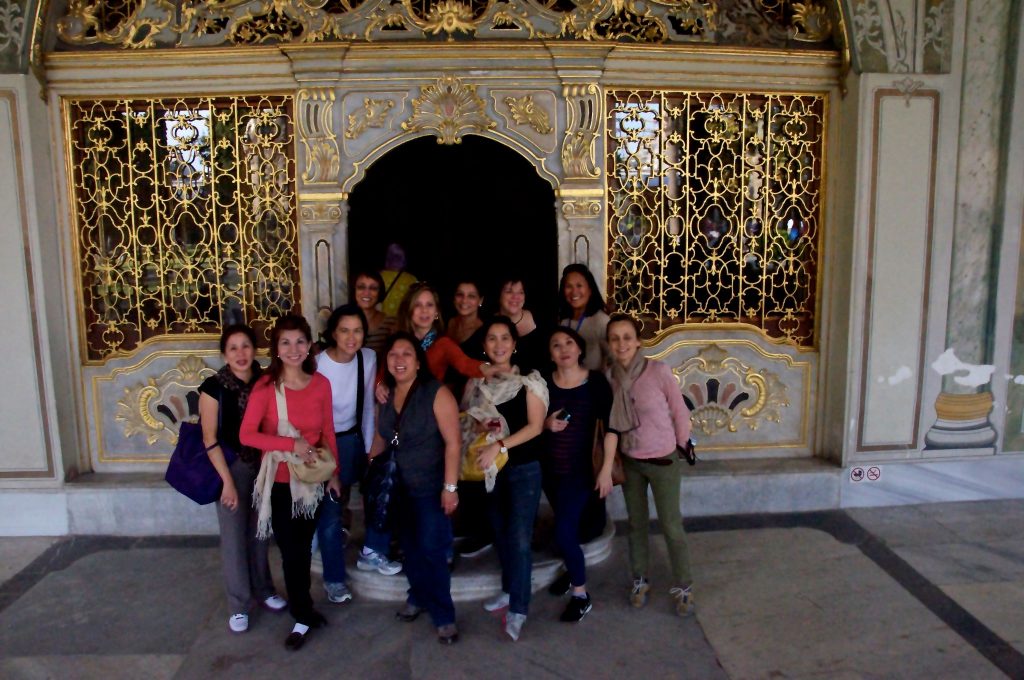
###
(Ramona Diaz is a graduate of Emerson College, Boston, and holds an MA in Communication from Stanford University. Ramona’s production company, CineDiaz, currently has a slate of feature documentaries and feature films at various stages of production and development.)
